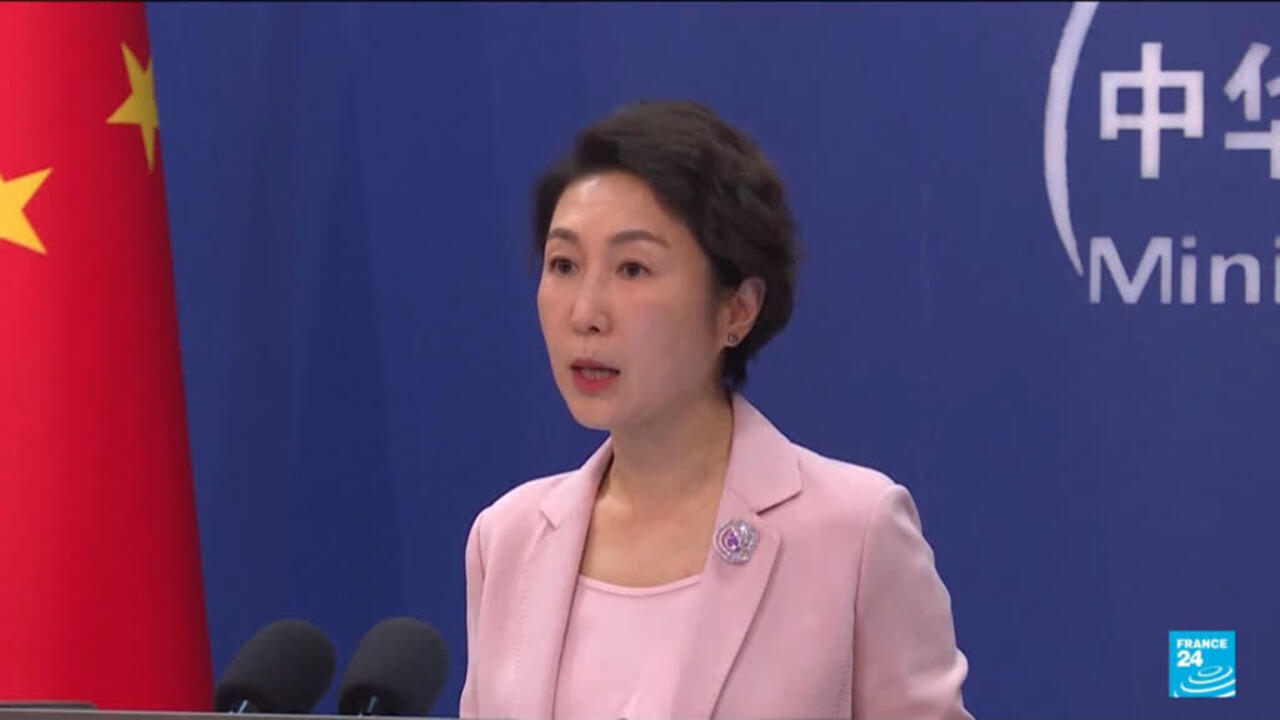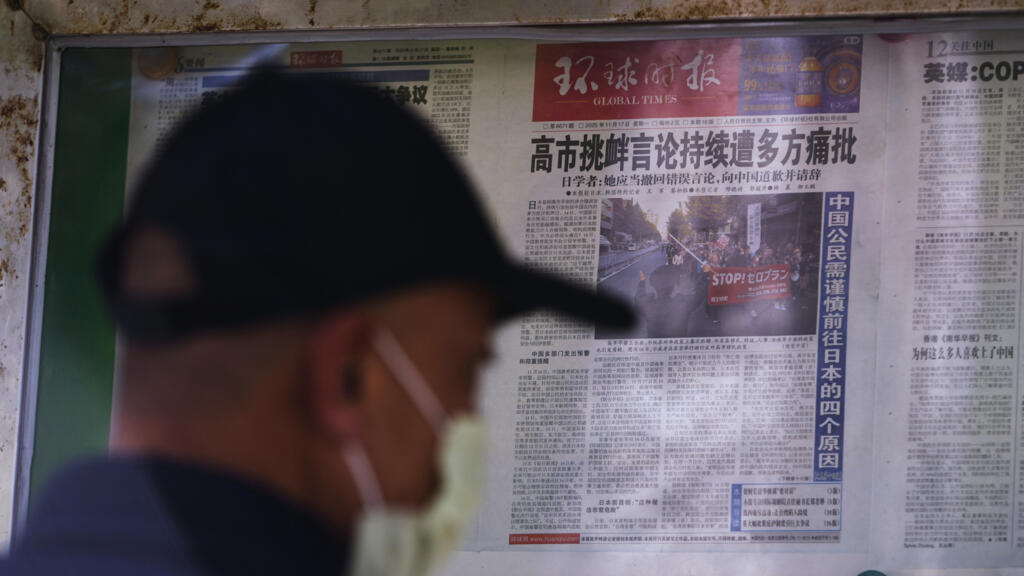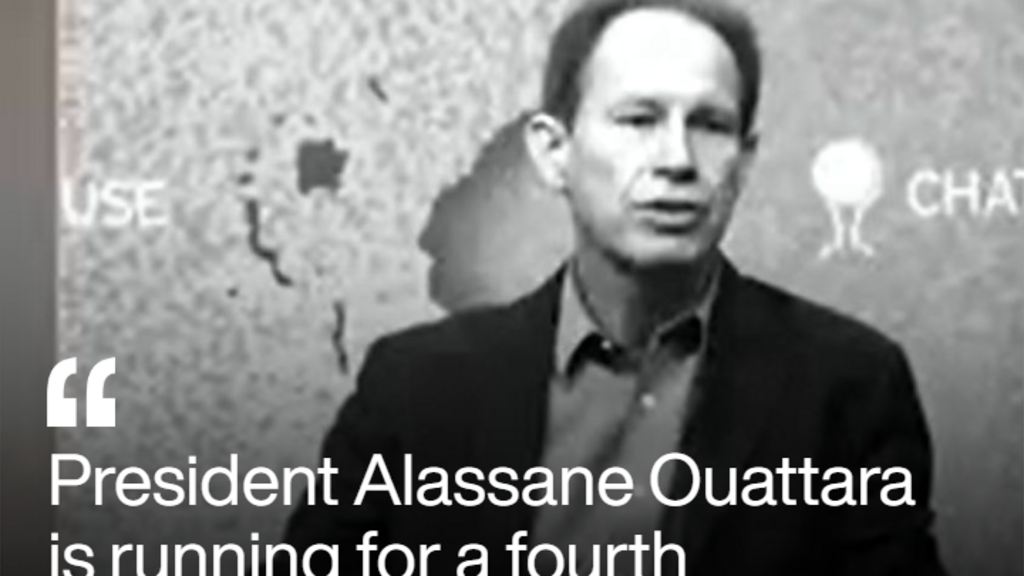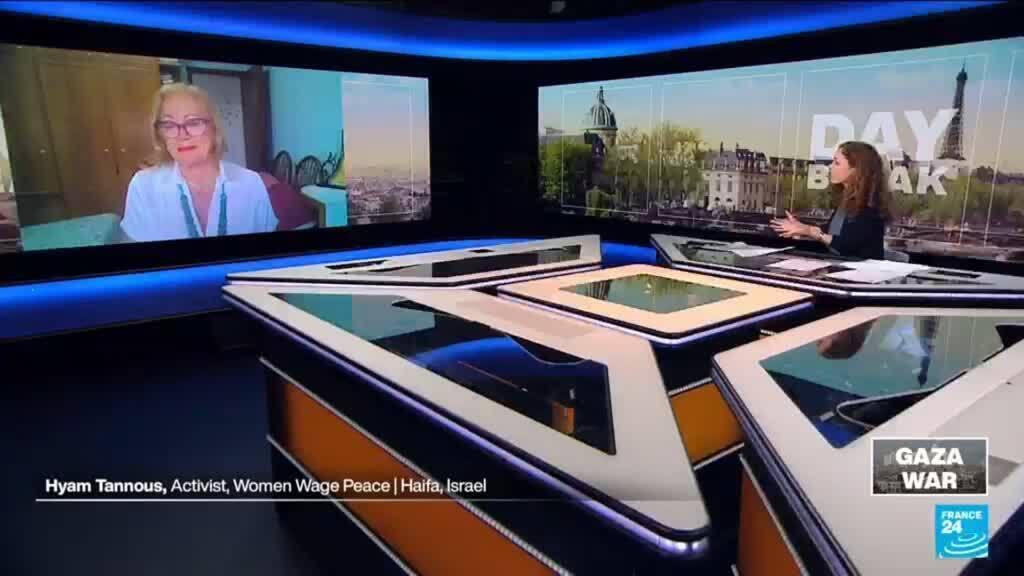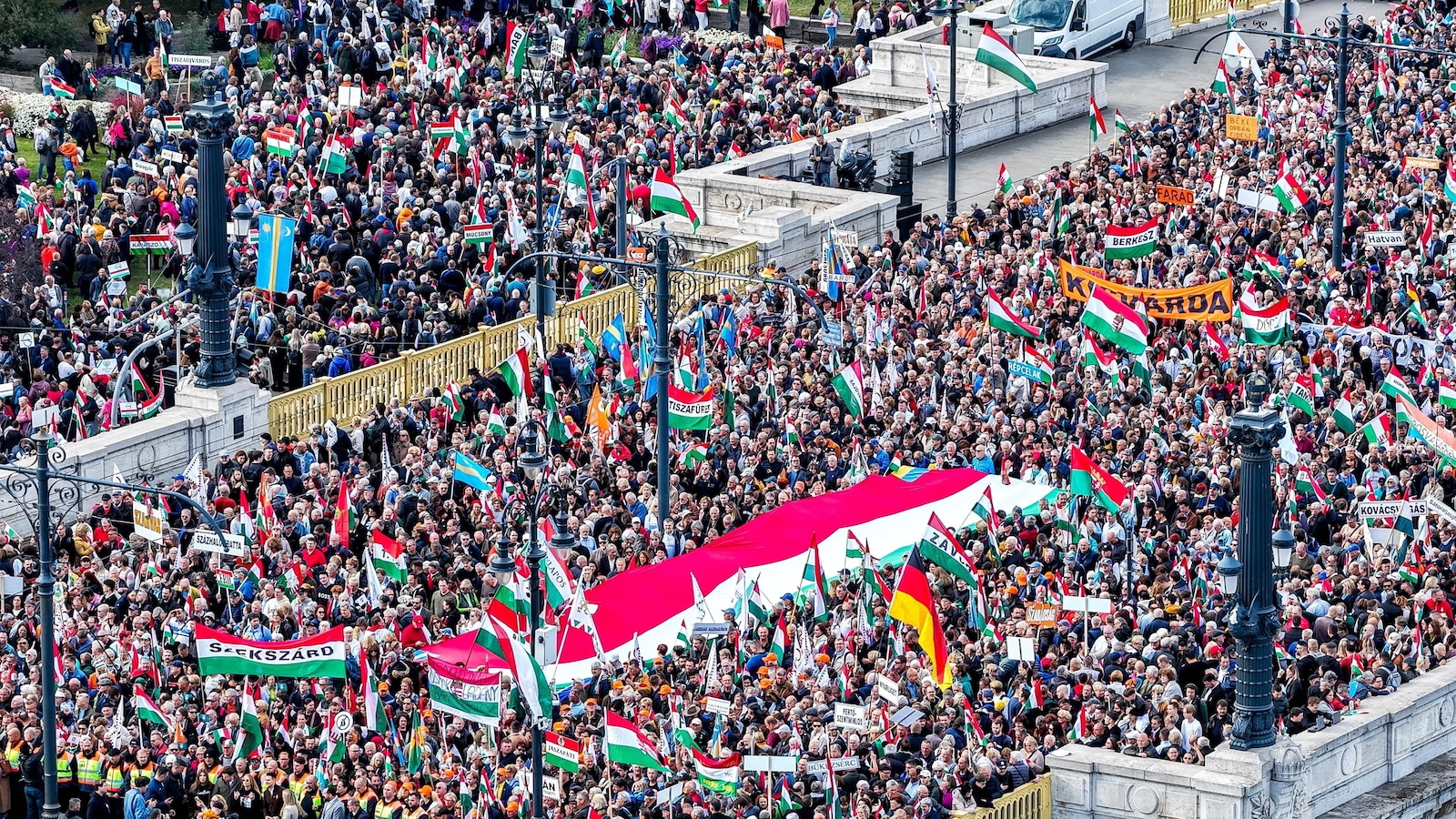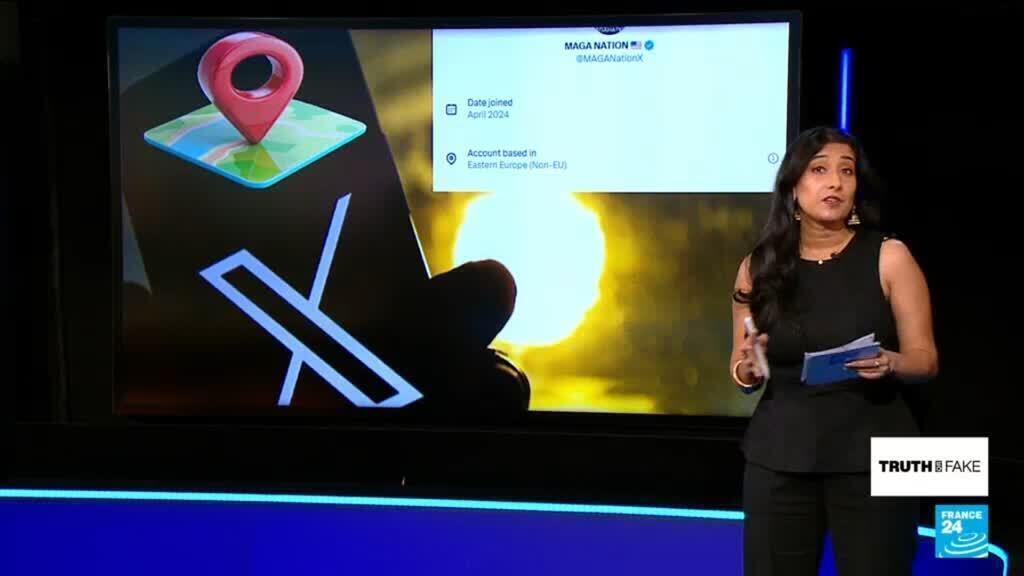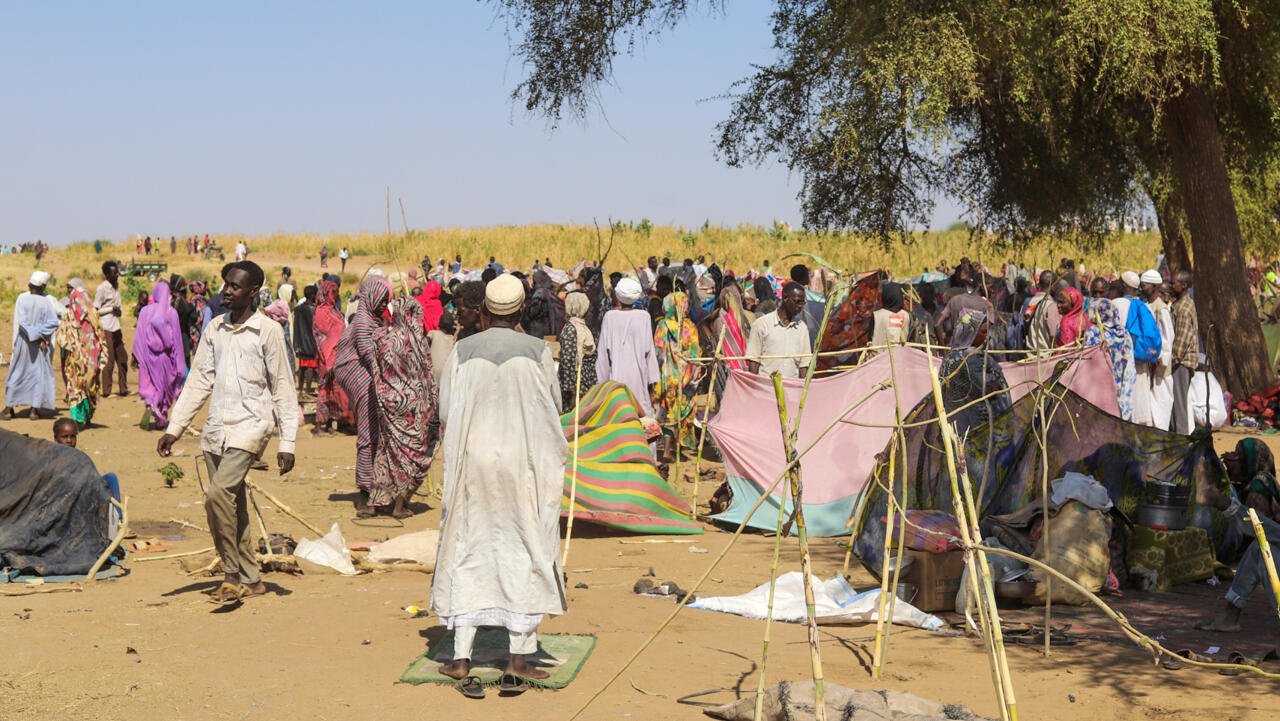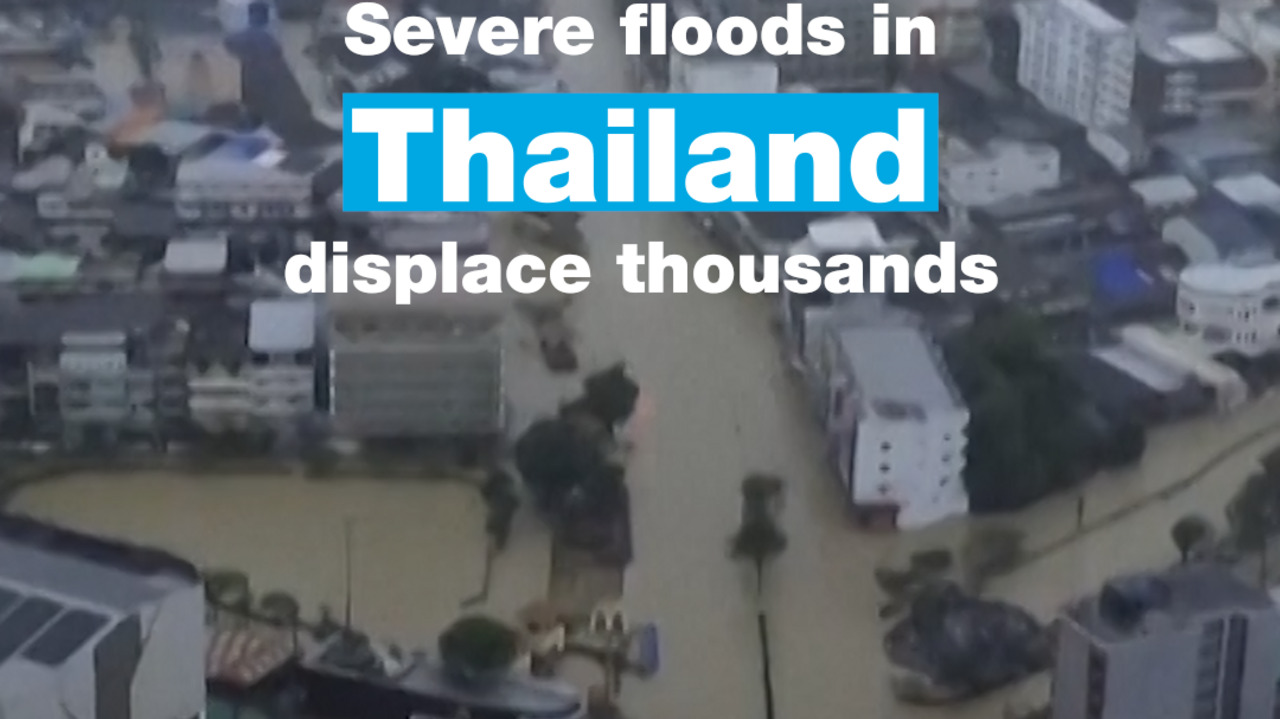Inspiration: Palestine Liberation Army fighters were guided by CCP chairman Mao Zedong’s theory on armed struggle, 1967
Sovfoto · Universal · Getty
The crowd were watching as the parachutes slowly floated down. When the containers filled with humanitarian aid finally hit the ground, they rushed forward. Shouting for joy, the person filming started running too. The video was one of many that went viral this May. One X user commented, ‘While the EU continues to send weapons to the Zionist government, China is airdropping food and medicine into Gaza’ (10 May). At last, it seemed China was coming to the aid of the Palestinians. Sadly, it proved to be fake news and people were again left wondering why China was doing nothing.
The key question is whether this charge is justified. In the wake of 7 October 2023, Israel demanded that the Hamas-led attacks be designated as terrorist. Beijing refused. In February 2024 Ma Xinmin, a legal advisor to China’s foreign ministry, told the International Court of Justice, ‘The Palestinian-Israeli conflict stems from Israel’s prolonged occupation of Palestinian territory’ and that ‘in pursuit of the right to self-determination, the Palestinian people’s use of force to resist foreign oppression and to complete the establishment of an independent state is an inalienable right well founded in international law’.
Since the Israeli army began massacring people in Gaza, China has supported all UN resolutions demanding a ceasefire. In July 2024 it brokered an agreement between 14 Palestinian factions (including Fatah and Hamas) that lays the groundwork for an ‘interim national reconciliation government’ in Gaza when the conflict ends. And this July it took part in an international summit hosted by the Hague Group (Bolivia, Colombia, Cuba, Honduras, Malaysia, Namibia, Senegal and South Africa) in Bogotá, which aimed to move from rhetoric to action on Gaza and end Israel’s impunity.
However, China did not sign the summit’s joint statement listing concrete measures that included preventing ‘the provision or transfer of arms, munitions, military fuel, related (…)
Full article: 1 844 words.
This article can be read by subscribers
Renaud Lambert &
Meriem Laribi
Meriem Laribi is a journalist and the author of Ci-gît l’humanité: Gaza, le génocide et les médias (Here lies humanity: Gaza, genocide and the media), Éditions Critiques, Paris, 2025; Renaud Lambert is Asia head at Le Monde diplomatique.
(1) Eva Zeisel, A Soviet Prison Memoir, compiled by Jean Richards and Brent C Brolin, Amazon, 2012.
(2) Alexander Orlov, The Secret History of Stalin’s Crimes, Random House, New York, 1953.
(3) John Costello and Oleg Tsarev, Deadly Illusions, Century, London, 1993. For a short time during Boris Yeltsin’s presidency, it was possible to consult Orlov’s file.
(4) Edward Gazur, Alexander Orlov: the FBI’s KGB General, Carroll and Graf, New York, 2002.
(5) Founded in 1935. Its founder, Andreu Nin, was for a time close to Trotsky.
(6) There have been allegations that pre-1917 Stalin spied for the tsarist secret police.
(7) Walter G Krivitsky, I Was Stalin’s Agent, The Right Book Club, London, 1940.
(8) Anatoli and Pavel Sudoplatov, Special Tasks: the Memoirs of an Unwanted Witness – a Soviet Spymaster, Little, Brown and Company, New York, 1994.
(9) Boris Volodarsky, Stalin’s Agent: the Life and Death of Alexander Orlov, Oxford University Press, 2014.
(10) Kim Philby, My Silent War, Panther, London, 1969.
(11) His relative, Mary-Kay Wilmers, former editor of the London Review of Books, paints an unflattering portrait of him in her book The Eitingons: a Twentieth-Century Story, Verso, London, 2010.



